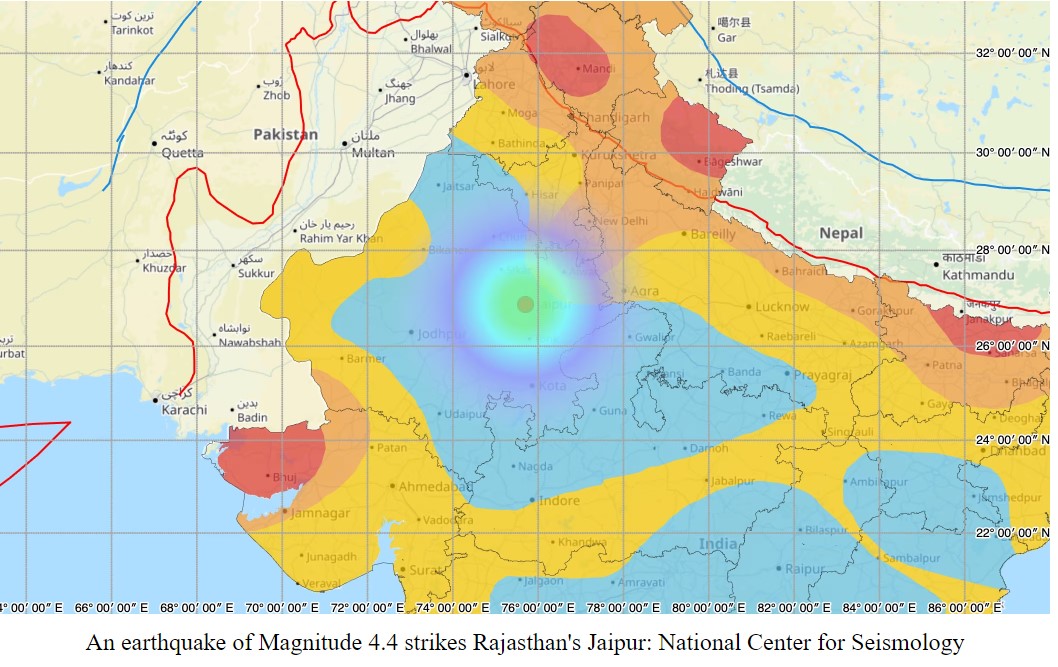May 16, 2024: A recent study in SpringerLink examining Covaxin’s long-term effects offers debatable findings. While the research suggests potential areas for further investigation, the methodology raises questions about its conclusiveness.
A recent study published in SpringerLink on Covaxin’s draws attention to long-term effects of the vaccine. While the research offers insights, it’s crucial to understand its limitations before drawing definitive conclusions.
The BHU study, conducted via telephone interviews, followed participants for a year after Covaxin vaccination. Nearly a third reported side effects requiring further investigation (AESI). However, phone surveys may not capture the full picture compared to in-person clinical trials, where participants undergo detailed monitoring. Additionally, the contacted sample size (around 60% of the initial group) might not perfectly represent the broader population.
Researchers claims to have found that female adolescents and those with a history of allergy are at a higher risk of AESI after receiving Covaxin, according to a report on SpringerLink.
This was a prospective observational study conducted from January 2022 to August 2023. Adolescents and adults receiving the BBV152 vaccine were interviewed telephonically about long-term adverse events of special interest (AESIs) after 1 year of vaccination. Risk factors of AESIs and AESIs persistent for at least 1 month were identified.
Important Consideration – Bharat Biotech response to the BHU report on COVAXIN
For such a study in safety to be effective, informative and to avoid investigator bias, the following data points are also required:
- AESI safety profile of the subjects prior to participation in the study,
- Comparison of safety profile of non-vaccinated subjects during the course of the study,
- Comparison of safety profile of subjects who received other vaccines during the course of the study,
- All study participants should be followed during the course of the study, instead of only a subset,
- Several studies have been executed on the safety of COVAXIN, and published in peer reviewed journals, demonstrating an excellent safety track record.
Telephone Format: Phone surveys can miss crucial details about side effects compared to in-person examinations.
Sample Size: The study only contacted around 60% of the initial participants, potentially limiting its generalizability.
What This Means for You, what is important to remember
- Vaccination remains the most effective way to prevent severe COVID-19 illness.
- The benefits of Covaxin likely outweigh the risks for most individuals.
The BHU Study
A recent study published today in SpringerLink on Covaxin’s long-term effects, conducted by researchers at Banaras Hindu University. The study, which followed 1,024 participants who received Covaxin, interviewed them telephonically for a year after vaccination to assess any adverse events of special interest (AESI). While the research offers initial insights, it’s crucial to understand the limitations before drawing definitive conclusions.
The study found that nearly a third (around 30%) of participants reported side effects requiring further investigation (AESI). These included skin problems, general discomfort, and nervous system issues in adolescents, and discomfort, muscle pain, and nervous system issues in adults. Women also reported menstrual irregularities in 4.6% of cases. Importantly, the study identified specific groups at potentially higher risk of AESI, including adolescents, females, individuals with allergies, and adults with pre-existing health conditions.
This study adds to the ongoing research on Covaxin, but more robust studies are needed for definitive conclusions.
We encourage readers to discuss any concerns with their doctor.






